Ranking of Kings returned with its 2nd cour this season, and besides delivering top-notch episodes, it also brought us another banger of an opening. The opening song “Naked Hero” by Vaundy is currently the 3rd most-streamed theme song of Winter 2022 on Spotify, with only Attack on Titan‘s themes ahead of it. The song introduces in a darker, more intense, and tragically beautiful way. But it’s not only great because it pleases our ears – the way the lyrics synchronized with the animation, the skillful direction of Shingo Yamashita, the symbolism, and WIT Studio’s gorgeous visuals all contribute to the sequence’s massive emotional impact. Let’s take a deep dive and analyze how these lyrics and direction choices complement the core themes of the show.
Growing Up
At the very beginning of the sequence before the music starts, we see shadows of prince Bojji in his room and the hands of who appears to be Queen Hiling. At first, they play with shadows, and then she makes a crown shape with her hands and places it on his head. This is a very quick but important use of symbolism; it portrays how Bojji was once an innocent kid with little to worry about, but now he must mentally and physically prepare to be the next king.
Hiding Emotions
Bojji is then shown walking down a street. He smiles kindly at a woman before bullies run past him and he looks down sadly. Kage is shown in a similar setting, this time with people throwing tomatoes at him. As he walks he sees a happy family and becomes disheartened. Meanwhile, Vaundy gently sings: “Right now, there is someone choking back tears (Dareka ga ima namida wo nomikondeiru)”. We already know that Bojji has been mocked and abused for his past weakness and holds a lot of childhood trauma on top of that. We also know that Kage is hated for being part of the Shadow Clan and lost his parents as well. And yet, they’re both in positions where they are expected to act strong – and choke back their tears. When you know the situations of these characters, you’re truly able to appreciate the meaning behind this verse.
The direction of this moment is also interesting to note. Bojji and Kage stroll in bright lighting, but once they become downhearted, they are entirely cast in shadow: strategic use of color to showcase the change in emotion. This little moment plays a wonderful role in portraying the struggles of our protagonists.
A New Beginning
Next, we see a short moment of blooming flowers, which symbolizes Bojji’s “blossoming” strength in the second cour and a new chapter in his journey. Then we see a field of stones – this may seem just like a momentary animation flex, but it’s another of Yamashita’s clever uses of symbolism; from the way the lighting becomes much warmer and the shadows of the stones much denser and longer in the opposite direction of the light source, we can deduct that the sun is rising – an artistic way to illustrate that it’s a brand new day.
Then, the sequence reveals clips of a hand with a glistening gem, spears with Shadow Clan members hanging on them, and soldiers storming on their horses. With the kingdom at war and Shadow Clan members now nearly wiped out, these clips complement the representation of a tragic new beginning.
As these moments happen, Vaundy sings “Shake off the power that comes from malice (Chikara ga tomonau akui furihodoite)”. Addressing the previous lyric, this verse encourages listeners to avoid going to the “dark side” and becoming immoral like people who have mistreated you – instead, be positive like Bojji and take the higher road.
Believing in Your Own Strength
Vaundy then sings, “Sure, you can’t hear (Mimi wa kikoechainai)” and the video depicts Bojji on a roof, paneling closer and closer to his ear. You can probably figure out the first part of the verse is a reference to his deafness.
After that, we see Prince Daida trapped in a black void (as Bosse occupies his body) with Miranjo in his arms and a peculiar bright light shines before him. It’ll be important to note that Miranjo is still wearing her mask at this part. The scene depicts what happens after episode 21 when Bojji finally defeats his father and rescues Daida from that darkness. Vaundy meanwhile sings, “But right now the hero doesn’t need power (da ga yuusha wa ima)”. The lyric alludes to what King Despa first realized; that what Bojji needed wasn’t raw power in order to be strong, but strategy, perfect senses, and agility. Those strengths allowed him to bring his brother back to the light.
The following pre-chorus complements this notion as well: “Let yourself be (Chikara wa iranai mi ni makasete)” and “Watch these tiny hands now (Chiisana kono te wa ima)”. Vaundy sings it as the sequence animates Bojji enthusiastically walking up a hill, then a close-up of his hands. The verses reference to Bojji’s new belief in himself during the second cour and his desire to help others. As he trains harder and harder, and his companions like Kage, Despa, and Queen Hiling provide him endless support, he learns that it’s okay to embrace his own unique fighting style and gentle qualities. The opening also shows Bojji shining his light into the Magic Mirror and Miranjo then appearing in it. Because our prince gains the proper confidence, even with tiny hands as described in the lyrics, he is able to break the mirror and defeat Miranjo in episode 21.
Love Gives Power
As the goosebump-inducing chorus begins and Vaundy sings “Everything I’ve fallen in love with (Aishite shimatta zenbu zenbu)”, the opening sequence animates young Miranjo preciously smiling, followed by clips of King Bosse’s gruesome outburst after her initial death, and Miranjo innocently running with her “friend”. Both of these characters are endlessly betrayed in the series and simply want to be with each other. We also see Daida, Hokuro and the Big Four (Domas, Bebin, Dorsche, Apeas), who are extremely dedicated to the people they love as well.
The later lyrics “Give me enough light to protect them (Mamoeru hodo no hikari wo)” are presented with beautiful clips of who we can deduct is Bebin petting Mitsumata (the two-headed snake), Kage’s mom hugging him, and Hiling caressing little Bojji. These pair of verses cinematically portray how powerful love is and the sacrifices people will make for those they care for.
Tragic Fates
The second chorus verse, “And the course that fell upon me too (Furi kakatta noroi mo zenbu)” is strategically synched with the most fitting character appearances: Ouken and Miranjo. Ouken, once a kind and loving man, acquires true immortality and consequentially becomes insane and apathetic even towards his brothers. Despa is determined to save him, but after being brutally attacked and nearly killed by Ouken, he learns there is little hope. This bloody moment in the opening all the more heartbreaking.
Miranjo is cursed to an eternal doom as well. After she breaks her coven with the Demon twice and has the mirror destroyed by Bojji, she is punished and must suffer forever in the underworld, tragically unable to join with Bosse in the afterlife (thus the demon’s hands surrounding her). Vaundy’s passionate singing coordinated with the deep meaning behind the matching lyrics and direction showcase a whole new level of artistic attention.
The chorus repeats and we see a large hand opening followed by stunning flashes of bright landscape, likely from Bojji’s point of view when his mother first showed him the world.
Miranjo’s mask, previously worn in the sequence, then shatters in a close-up. In the series, she wears a mask to hide the disfigurations from torture as a child. The mask breaks when she has a confrontation with her worrying mother and shows signs of sympathy towards Bojji and Kage. This part symbolizes that her past no longer defines her, and she can finally put an end to her evil deeds.
Companionship
Lastly, Vaundy sings “The shadows are closing in, asking “What are you? (Kage wa semaru “omae wa nan da” to?)”. Meanwhile, animated in dark lighting, Bojji exits Hiling’s arms to leave for his journey. He stands on a large shadow path, and Kage slips out of the shadows and offers his hand, in which the ominous background behind them immediately brightens. This reinforces that Kage was truly a light in Bojji’s life and that he is the main reason the prince begins his fulfilling adventure. The lyrics in this scene describe when they first met and demonstrate the importance of companionship in a time of darkness.
The video then zooms out, showing the two hand in hand among a gorgeous field.
The new Ranking of Kings opening doesn’t just offer a catchy song and high-quality animation; WIT Studio’s sequence with “Naked Hero” by Vaundy incorporates masterful animation direction and metaphoric portrayals of many important themes in the show: the hardships of growing up, masking weakness, new beginnings, having faith in oneself, the power of love, unfortunate fates, and the strength of companionship. By understanding the literary execution strategies, we are truly able to appreciate the meaning behind this beautiful opening sequence.
If you’re enjoying Ranking of Kings this season, you can vote for it as Anime of the Week.
©SousukeTOKA, KADOKAWA / Ranking of Kings animation film partners
Images via Crunchyroll
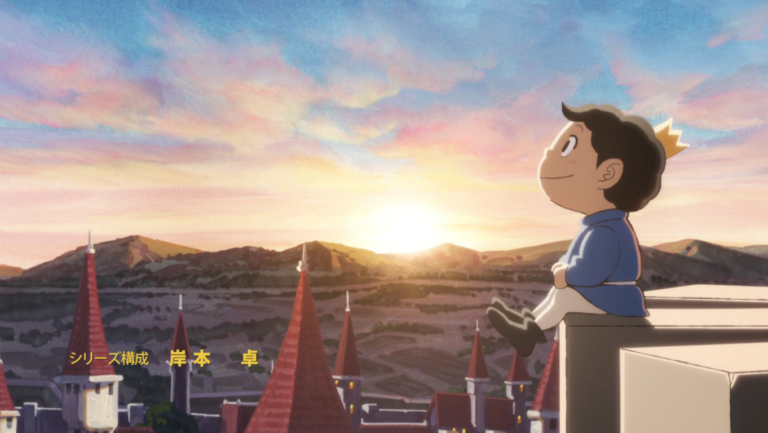
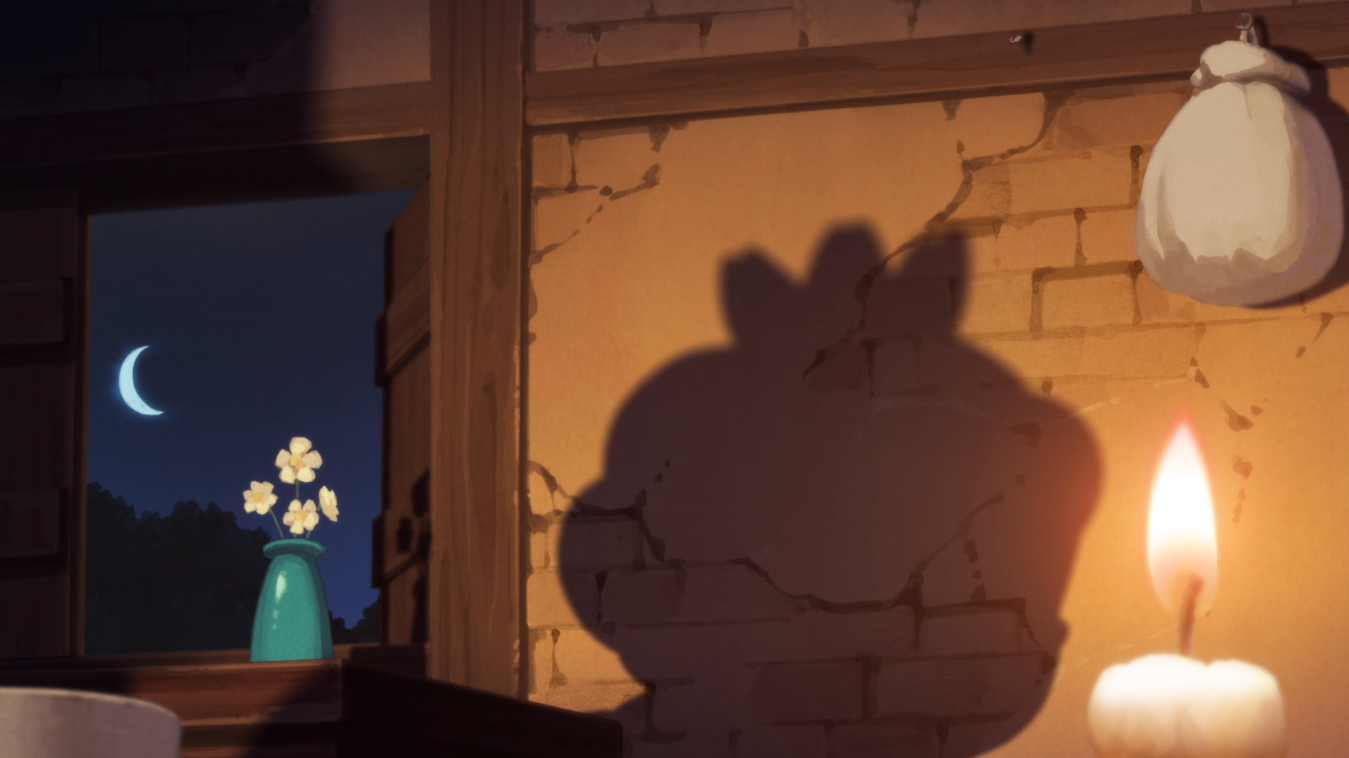
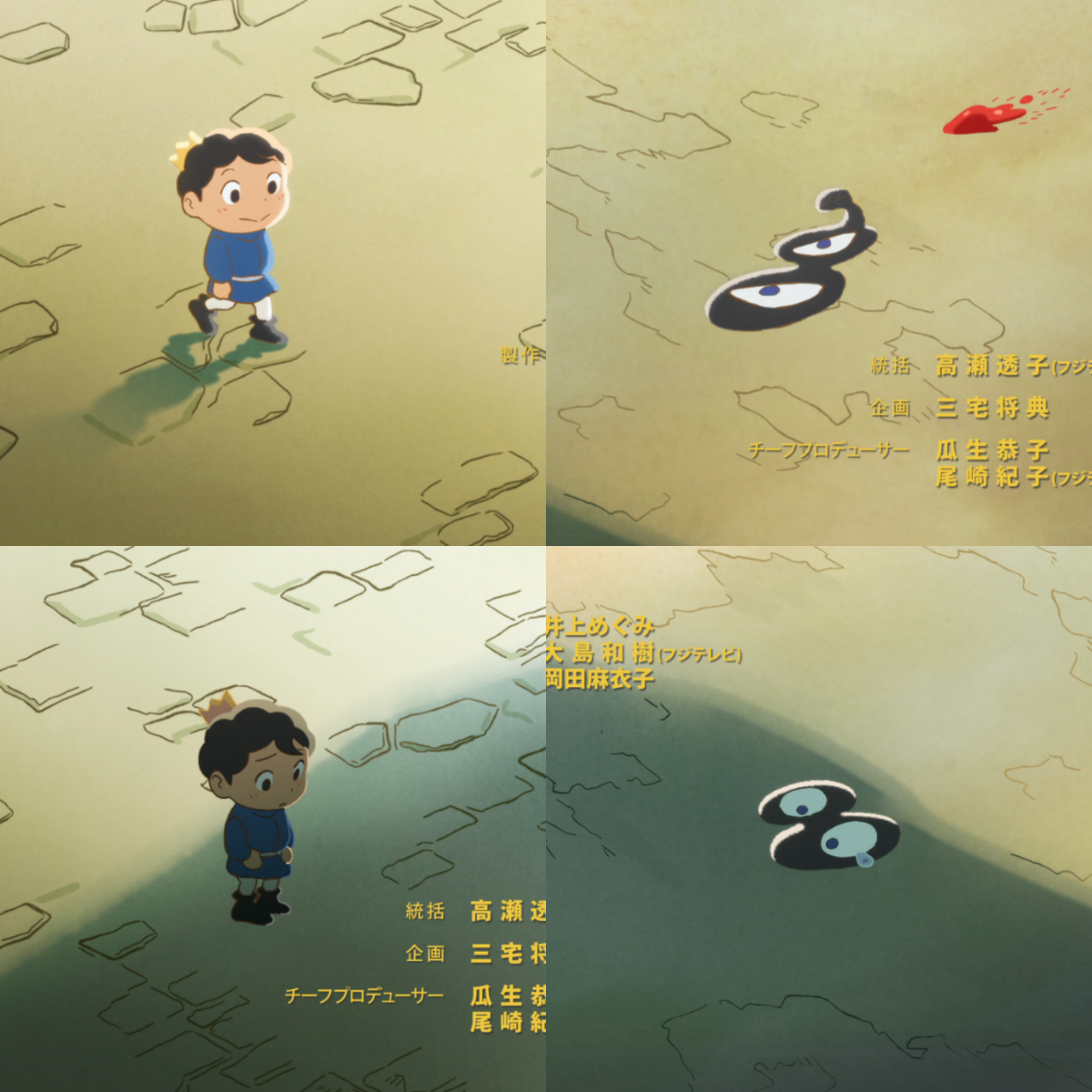
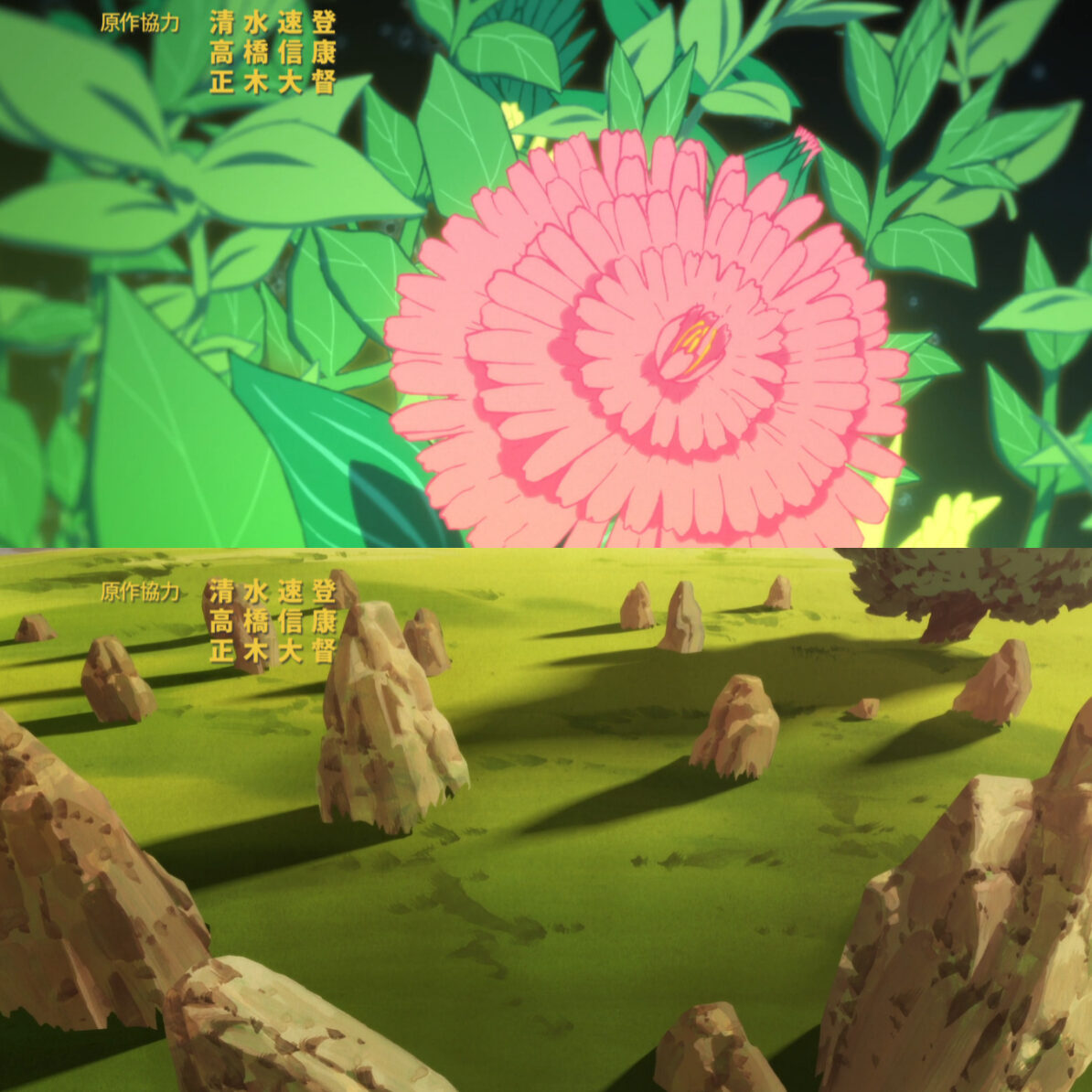
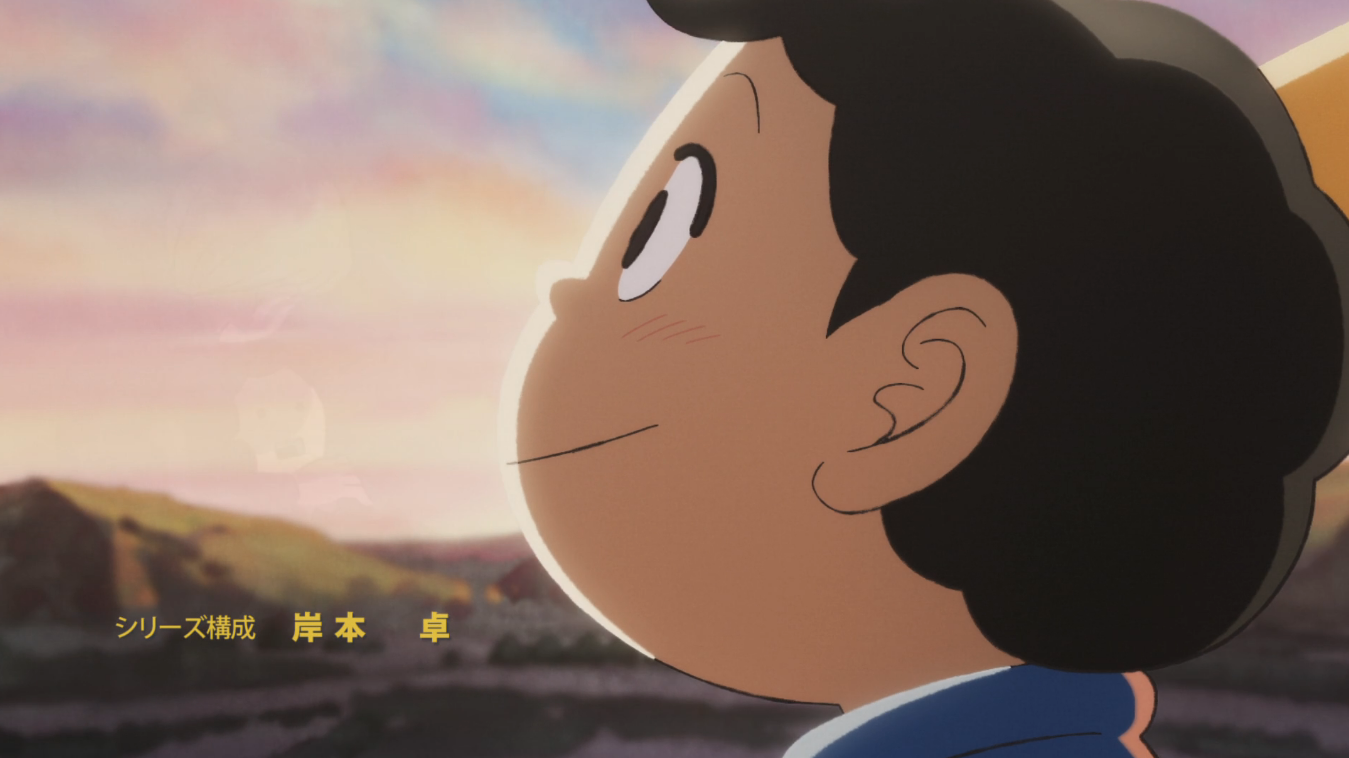
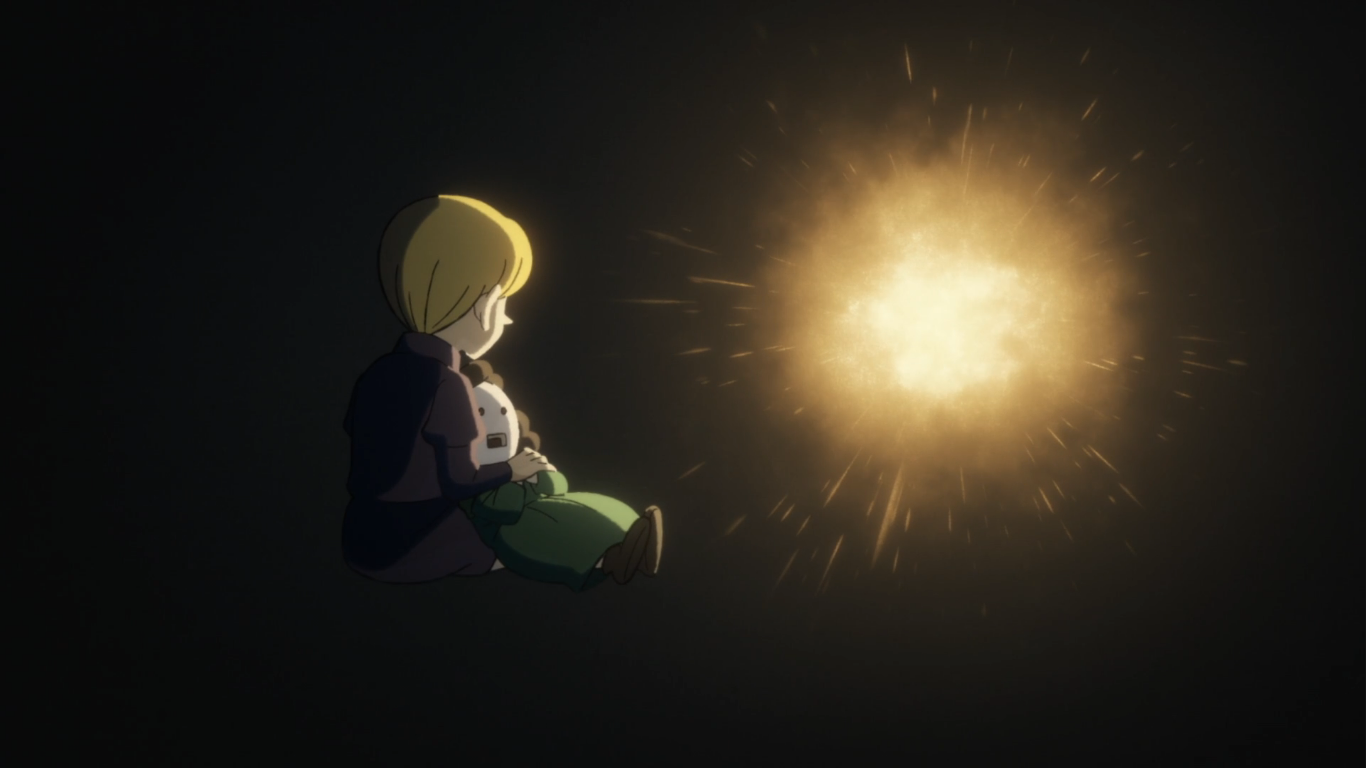
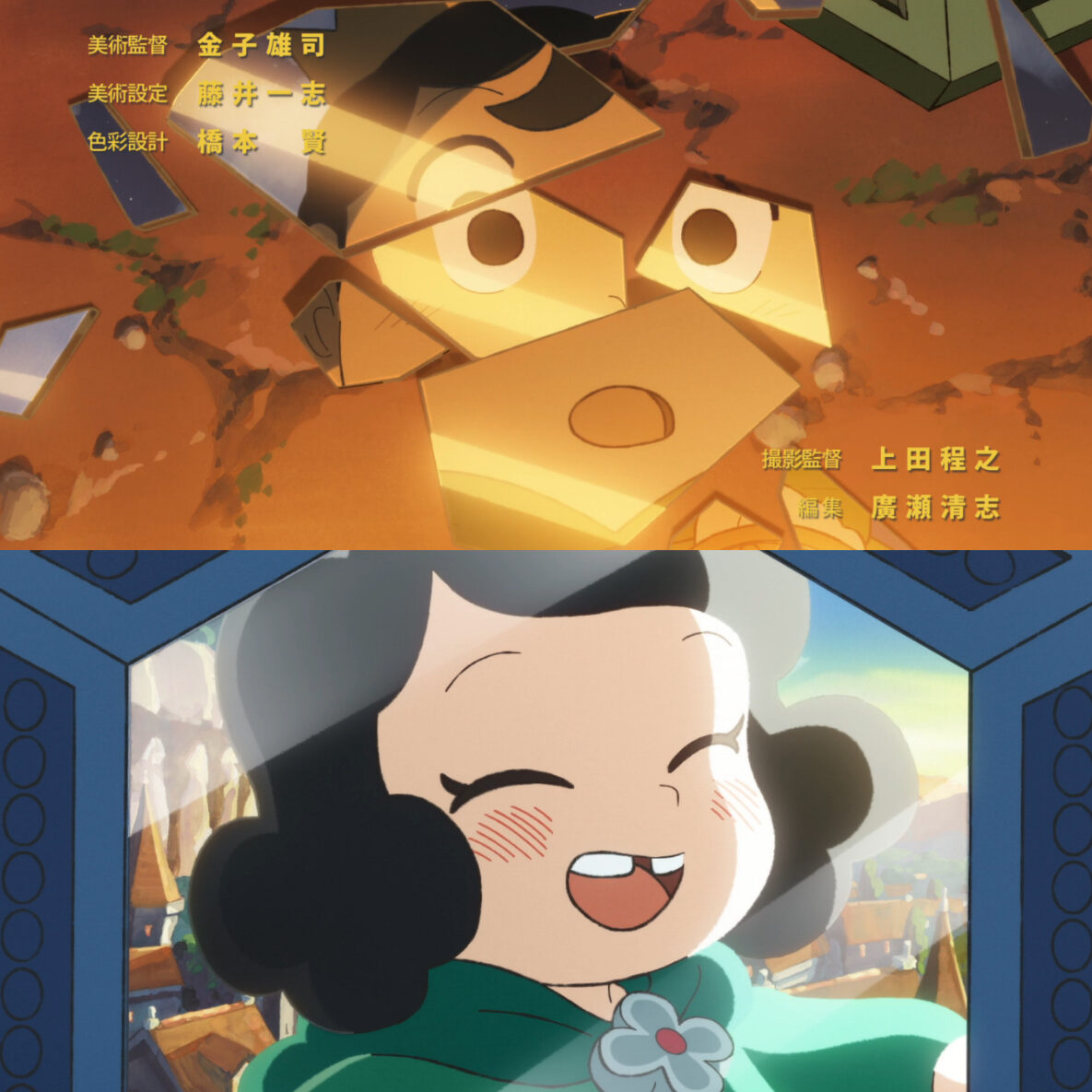
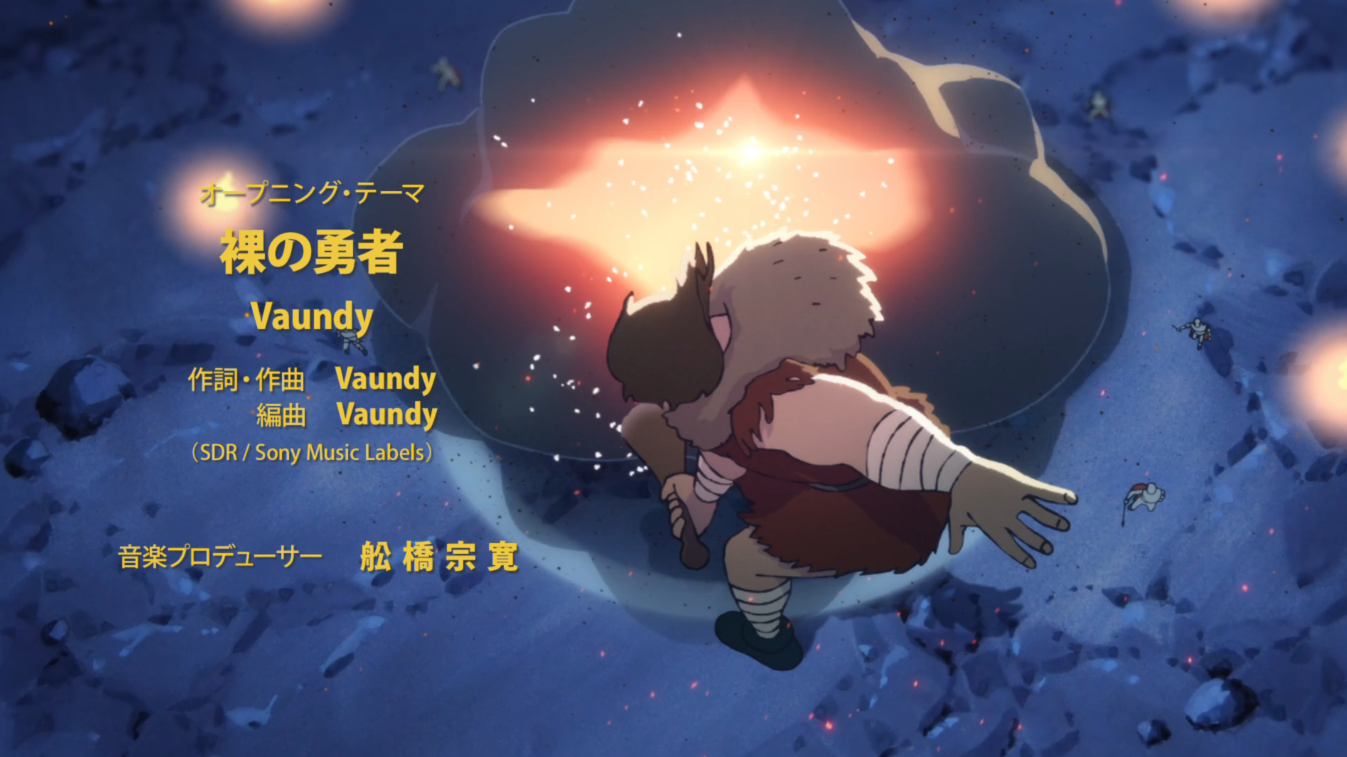
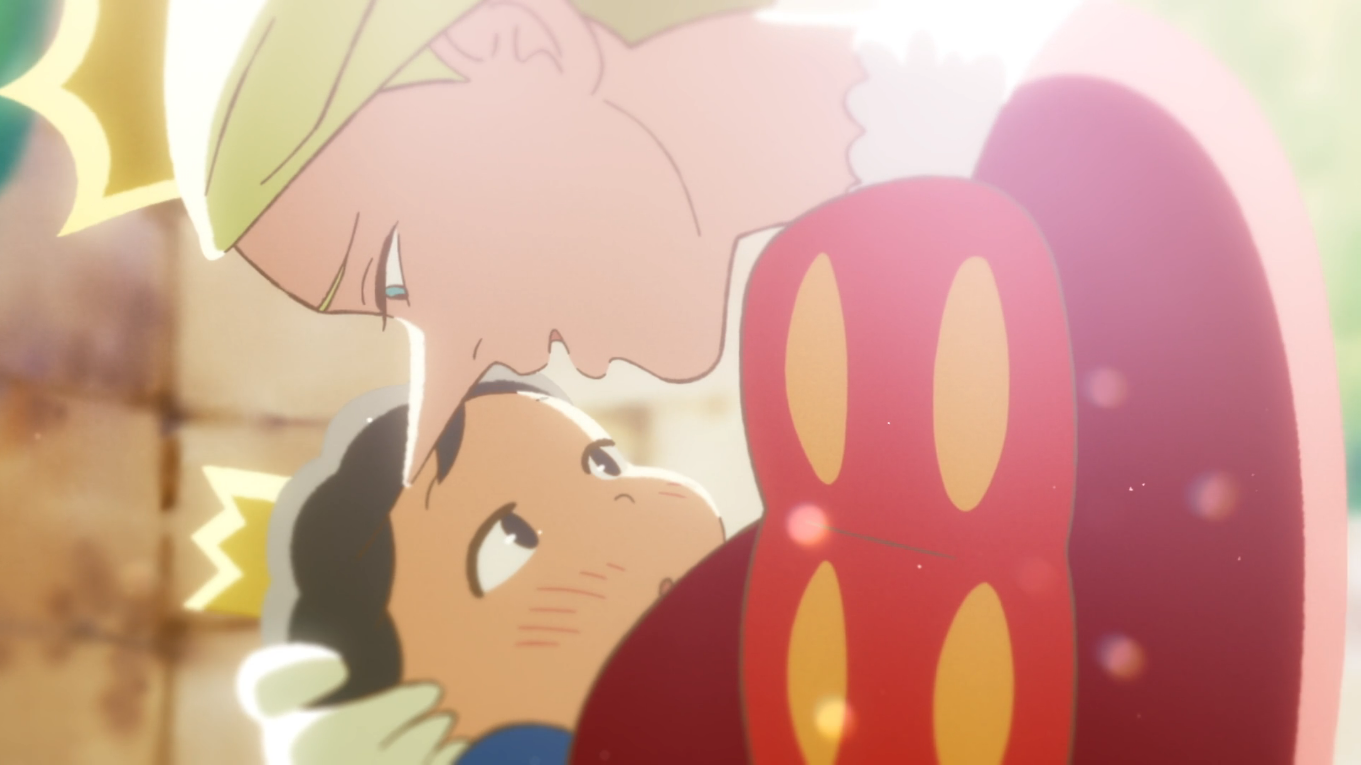
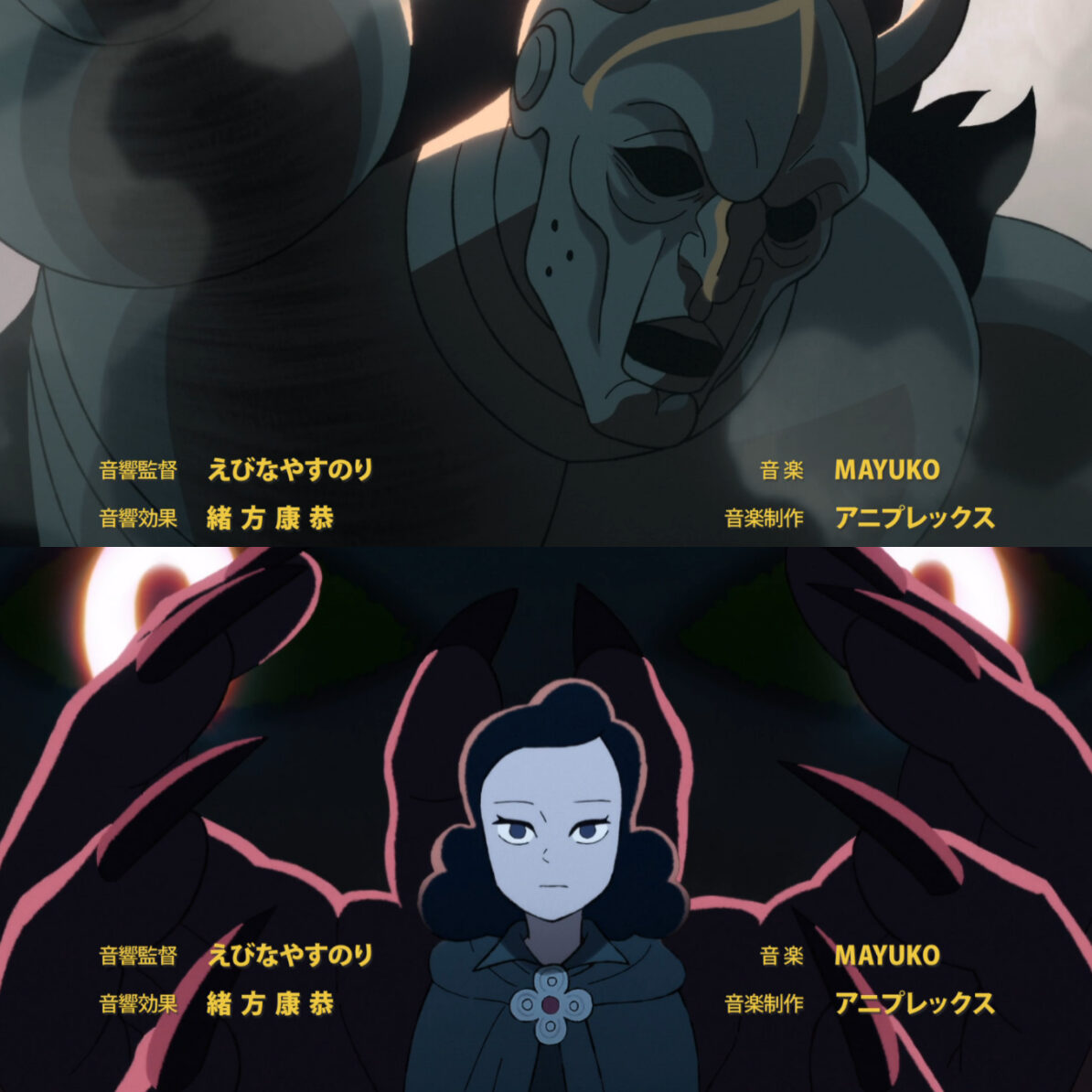
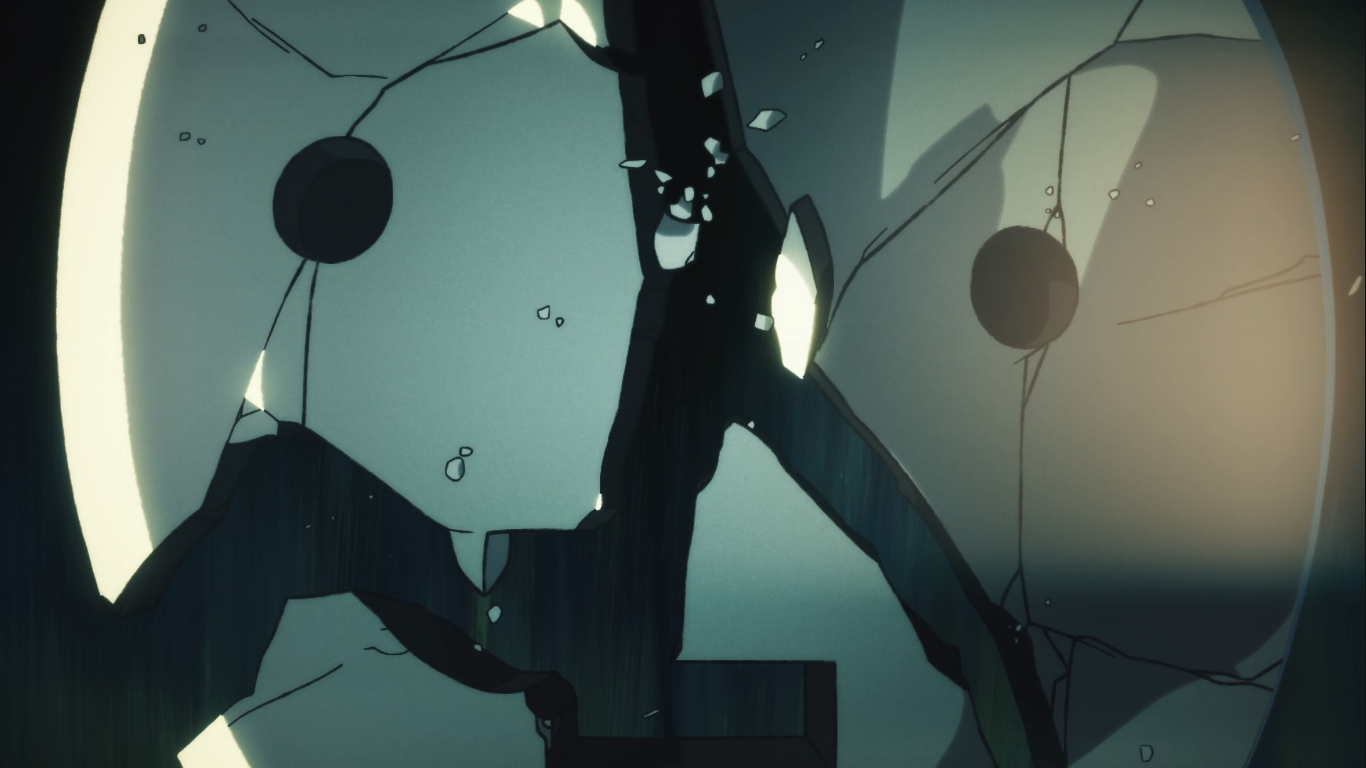
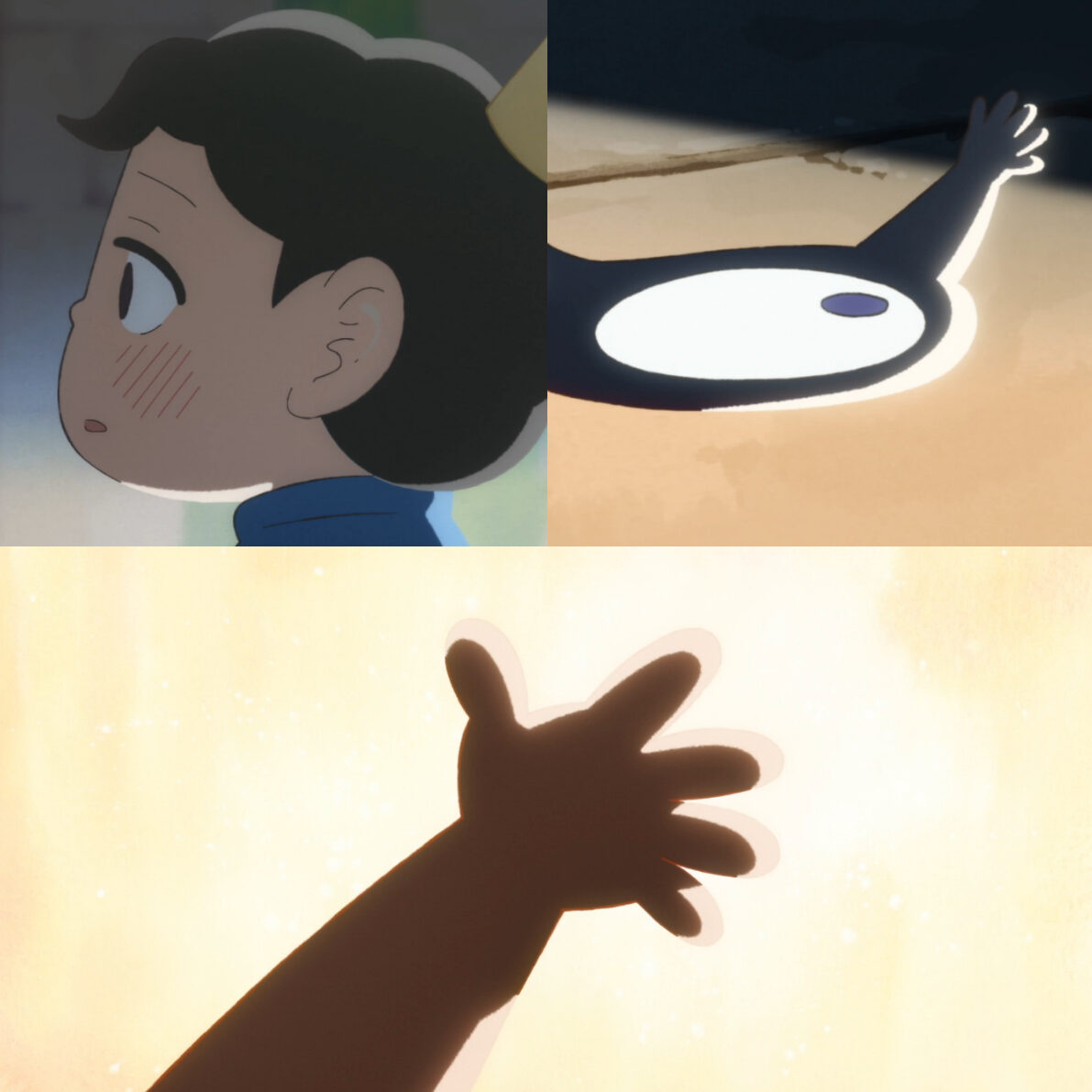
Participate In Discussions